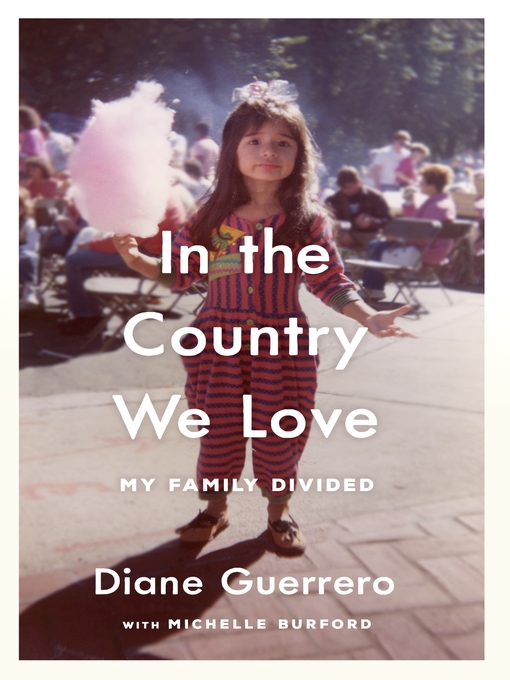Guerrero, who you may know from Orange Is the New Black and Jane the Virgin, is the born-in-America child of Colombian undocumented immigrants. She and her family lived in constant fear of Guerrero's parents and brother getting deported--until it happened.
Guerrero was 14 at the time, and a freshman at Boston's performing arts high school. She was taken in by friends' families, but always aware that she was a guest, she was never able to relax and finish being a teenager.
Emotional wellness is a First World Luxury.
She writes that about her brother getting into trouble here and there and her low-wage-earning parents being unable to pay for him to get help, but it's true of Guerrero herself, as she navigates her life alone in America. She does visit Colombia and has fun with her cousins, but it takes longer for her to find a good relationship with her parents, especially her mother, since their parting came at such a challenging time in Guerrero's life.
The actor definitely has a mission in writing a memoir at the age of 32, but you understand that what she wants is to influence thought and policy about immigration, especially with a Trump presidency looming.
Each chapter begins with an epigraph--a quotation usually? always? from a novel, which I admire. Guerrero had her ups and downs in school, so I like that she seems to be well-read. She's also funny, writing of her uniformed choices about funding college beyond the financial aid package she was awarded from Regis University.
Let's just say that Sallie Mae and I have had words over the years. Okay fine--we basically stopped talking after she accused me of being a thieving bitch, and I accused her of being a money-grubbing whore.
It's also sweet that Guerrero gives a shout-out to Jane the Virgin star Gina Rodriguez for thanking background performers. Guerrero herself had one gig as an extra and hated it. And it's supercute when Guerrero meets Barack Obama because of her work on immigration reform.
"People who enter America without their papers are breaking the laws," some argue. "It's not fair." It also wasn't "fair" for our ancestors to roll up and take land from the Native Americans, but I don't hear too many folks complaining about the benefits we enjoy because they did. Neither was it fair for our forefathers to import slaves to toil in their cotton fields; plantation owners built this nation's wealth by degrading blacks, a group once declared only three-fifths humans by Congress. So-called fairness has seldom been this country's primary compass in determining the best action to take. So instead of arguing about whether immigrants should be here, let's focus on creating a plan that actually moves us forward: immigration reform.
And then she provides a bunch of facts, quotations, and statistics.
![]()
